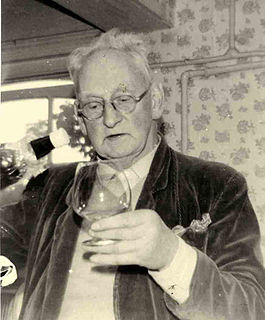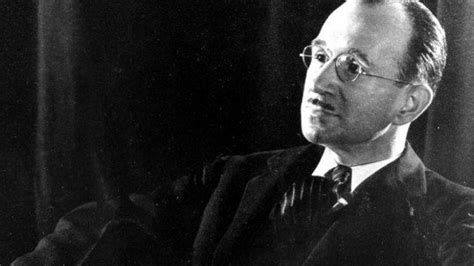A Quote by Alexander Sutherland Neill
I answered that one learns to live, not by hearing of other lives, but by living; for words are infinitely less important than acts.
Related Quotes
Children learn what they live.
If a child lives with criticism... he learns to condemn.
If he lives with hostility... he learns to fight.
If he lives with ridicule... he learns to be shy.
If he lives with shame... he learns to be guilty.
If he lives with tolerance... he learns confidence.
If he lives with praise... he learns to appreciate.
If he lives with fairness... he learns about justice
In the United States the government has become less important. So, it's democracy, but as each year passes it seems that the government plays less of a role in people's lives, and so they're living in whatever situation their employment imposes upon them more than they're living in a grand political system.
These men, in teaching us how to die, have at the same time taught us how to live. If this man's acts and words do not create a revival, it will be the severest possible satire on the acts and words that do. It is the best news that America has ever heard.... How many a man who was lately contemplating suicide has now something to live for!
Other people’s words are so important. And then without warning they stop being important, along with all those words of yours that their words prompted you to write. Much of the excitement of a new novel lies in the repudiation of the one written before. Other people’s words are the bridge you use to cross from where you were to wherever you’re going.
A well-functioning democracy has a culture of free speech, not simply legal protection of free speech. It encourages independence of mind. It imparts a willingness to challenge prevailing opinion through both words and deeds. Equally important, it encourages a certain set of attitudes in listeners, one that gives a respectful hearing to those who do not embrace the conventional wisdom. In a culture of free speech, the attitude of listeners is no less important than that of speakers.
Everybody has a great deal of experience in living. But no one lives in anything like the highest style of the art; and it is very disconcerting to notice how badly one lives in the sense of the extent to which fatigue and other discomforts are connected with one's important dealings with other people.



































